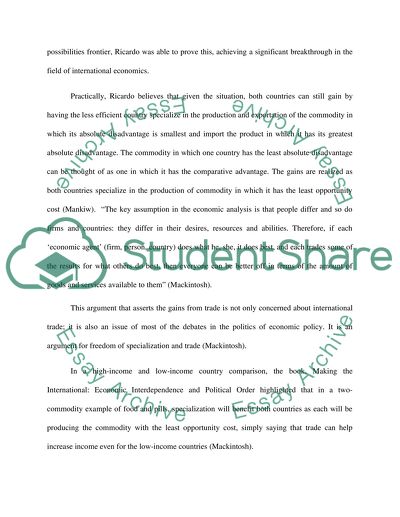Cite this document
(“Bilateral Trade Agreements between the EU and the Philippines Essay”, n.d.)
Bilateral Trade Agreements between the EU and the Philippines Essay. Retrieved from https://studentshare.org/politics/1507067-bilateral-trade-agreements-master-essay
Bilateral Trade Agreements between the EU and the Philippines Essay. Retrieved from https://studentshare.org/politics/1507067-bilateral-trade-agreements-master-essay
(Bilateral Trade Agreements Between the EU and the Philippines Essay)
Bilateral Trade Agreements Between the EU and the Philippines Essay. https://studentshare.org/politics/1507067-bilateral-trade-agreements-master-essay.
Bilateral Trade Agreements Between the EU and the Philippines Essay. https://studentshare.org/politics/1507067-bilateral-trade-agreements-master-essay.
“Bilateral Trade Agreements Between the EU and the Philippines Essay”, n.d. https://studentshare.org/politics/1507067-bilateral-trade-agreements-master-essay.


